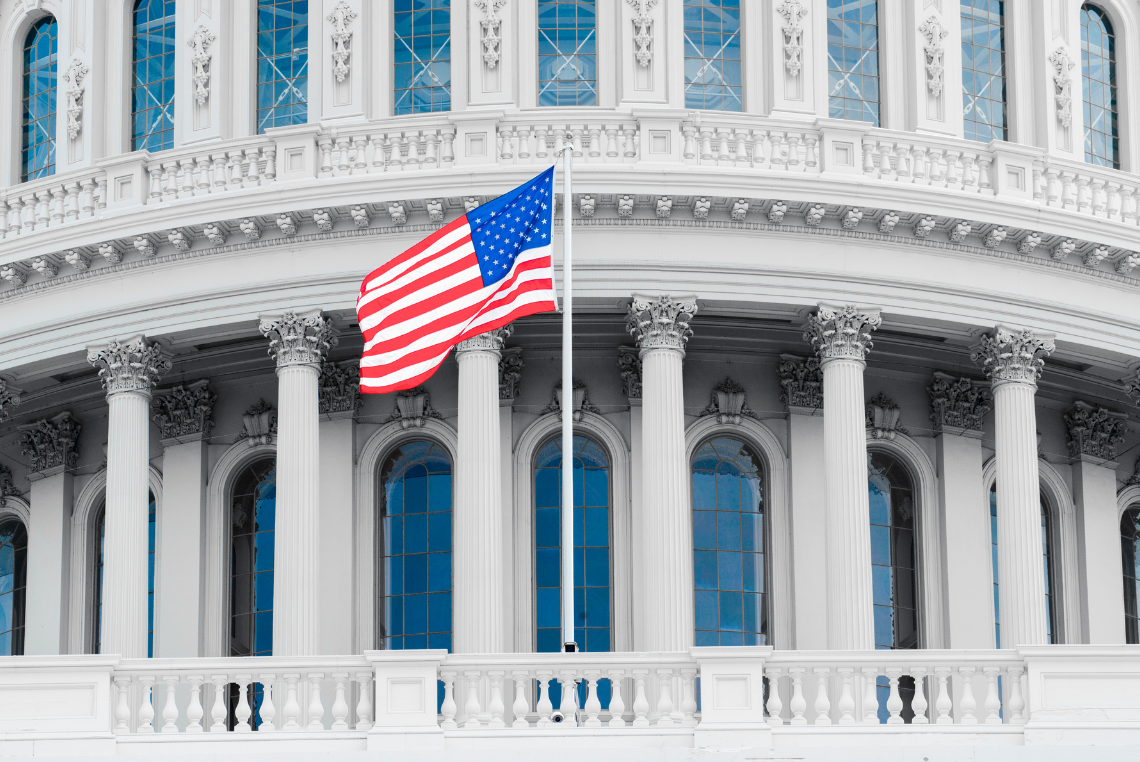- +91 22 23526372
- kgc@karangupta.com

The United States is a top destination for international students pursuing a Master of Science (MS) degree due to its world-class universities, cutting-edge research opportunities, and strong career prospects. US universities emphasize practical learning, research-oriented curriculums, and collaborations with industry leaders, making graduates highly employable. Additionally, scholarships and financial aid options make studying in the US more accessible for Indian students.
| Universities |
Average Fees (Per Year) |
|
Massachusetts Institute of Technology (MIT) |
$55,000 - $60,000 |
| Stanford University | $50,000 - $55,000 |
| Harvard University | $50,000 - $55,000 |
|
University of California, Berkeley (UC Berkeley) |
$40,000 - $45,000 |
|
California Institute of Technology (Caltech) |
$50,000 - $55,000 |
|
Carnegie Mellon University |
$45,000 - $50,000 |
|
University of Illinois Urbana-Champaign |
$30,000 - $35,000 |
|
University of Michigan |
$40,000 - $45,000 |
|
Columbia University |
$50,000 - $55,000 |
|
University of Chicago |
$50,000 - $55,000 |
| Specialisations | Description |
| Computer Science |
Focuses on software development, AI, cybersecurity, and data science. |
| Data Science |
Covers big data analysis, machine learning, and predictive modeling. |
|
Electrical Engineering |
Specializes in electronics, circuits, and telecommunication systems. |
|
Mechanical Engineering |
Involves robotics, automotive, and aerospace technology. |
| Business Analytics |
Combines data-driven decision-making with business strategy. |
| Biotechnology |
Focuses on genetic engineering, pharmaceuticals, and bioinformatics. |
| Civil Engineering |
Covers infrastructure development, urban planning, and construction management. |
|
Artificial Intelligence (AI) |
Includes deep learning, NLP, and autonomous systems. |
The duration of an MS program in the US typically ranges from 1.5 to 2 years. Some universities offer accelerated one-year programs, while others may take longer, especially if students opt for research-intensive courses or internships. The program duration also depends on whether students pursue a thesis-based or coursework-based MS.
| Expense |
Average Annual Costs |
| Tuition Fees | $30,000 - $60,000 |
| Accommodation | $8,000 - $15,000 |
| Food | $3,000 - $5,000 |
| Health Insurance | $1,200 - $3,000 |
| Transportation | $1,000 - $2,500 |
| Miscellaneous | $2,000 - $5,000 |
| Expense | Average Cost |
|
SEVIS Fee (F-1 Visa) |
$350 |
|
Visa Application Fee (MRV) |
$185 |
| Visa Interview Fee | Varies by location |
Academic Qualifications: A four-year undergraduate degree (or equivalent) with a strong GPA.
Standardized Tests: GRE scores (varies by university and program, though some are waiving it).
English Proficiency Tests: TOEFL (90-100), IELTS (6.5-7.5), or PTE.
Statement of Purpose (SOP): A well-written essay detailing academic and professional goals.
Letters of Recommendation (LORs): Typically 2-3 from professors or employers.
Work Experience: Not mandatory but preferred for some programs.
Financial Proof: Bank statements or sponsorship letters to show funding availability.
Optional Practical Training (OPT): Allows graduates to work for up to 12 months after completion, extendable to 24 months for STEM graduates.
H-1B Visa: A work visa for skilled professionals, valid for up to 6 years.
Green Card Pathway: Some companies sponsor employees for permanent residency.
Curricular Practical Training (CPT): Internship opportunities while studying, beneficial for career growth.
| Jobs |
Average Annual Income |
| Software Engineer |
$100,000 - $130,000 |
| Data Scientist |
$110,000 - $140,000 |
| Electrical Engineer |
$85,000 - $110,000 |
|
Mechanical Engineer |
$80,000 - $100,000 |
| AI/ML Engineer |
$120,000 - $150,000 |
| Business Analyst |
$90,000 - $115,000 |
| Civil Engineer | $75,000 - $95,000 |
|
Biotechnology Researcher |
$80,000 - $105,000 |
Yes, some universities have waived the GRE requirement, especially after COVID-19.
Several scholarships, such as Fulbright, AAUW, and university-specific grants, are available.
You can apply for assistantships, scholarships, and part-time jobs on campus.
Yes, due to strong industry connections, high salaries, and career growth opportunities.
Most universities prefer a CGPA of 3.0 (on a 4.0 scale) or equivalent to 7.5/10 in Indian grading systems.
